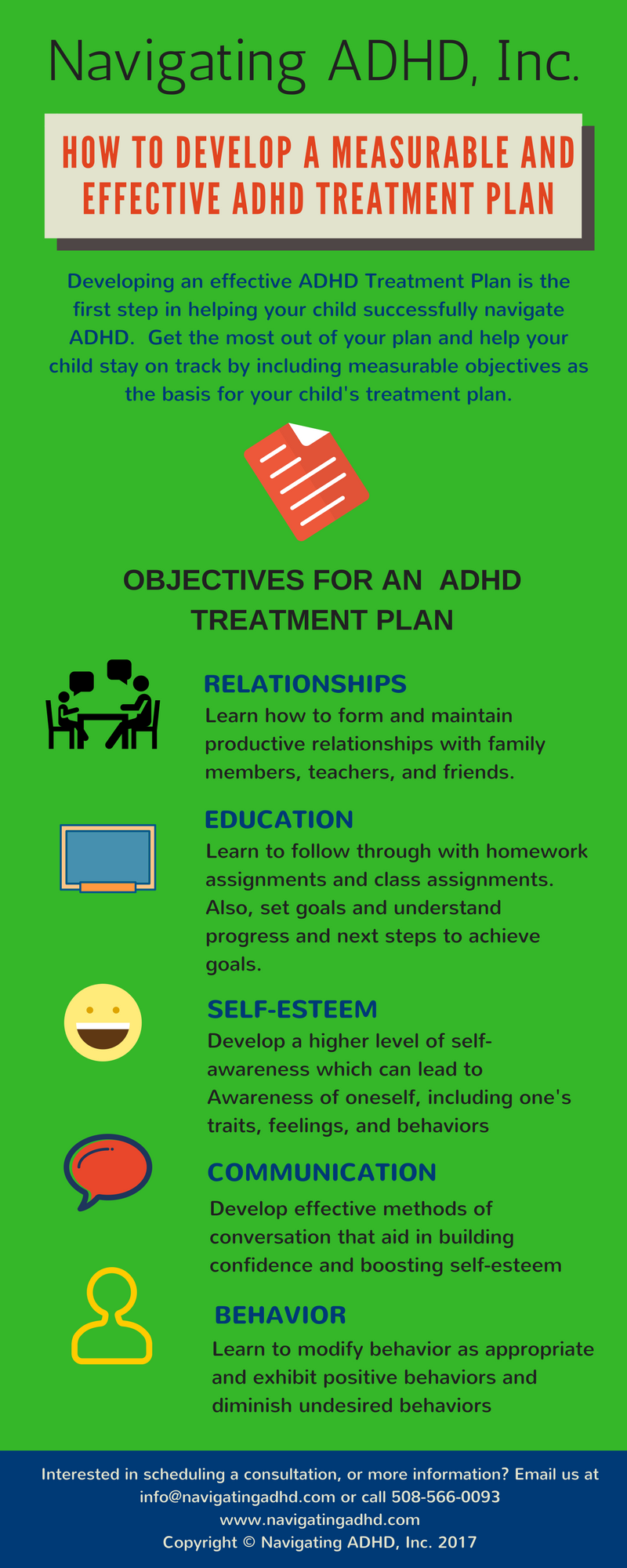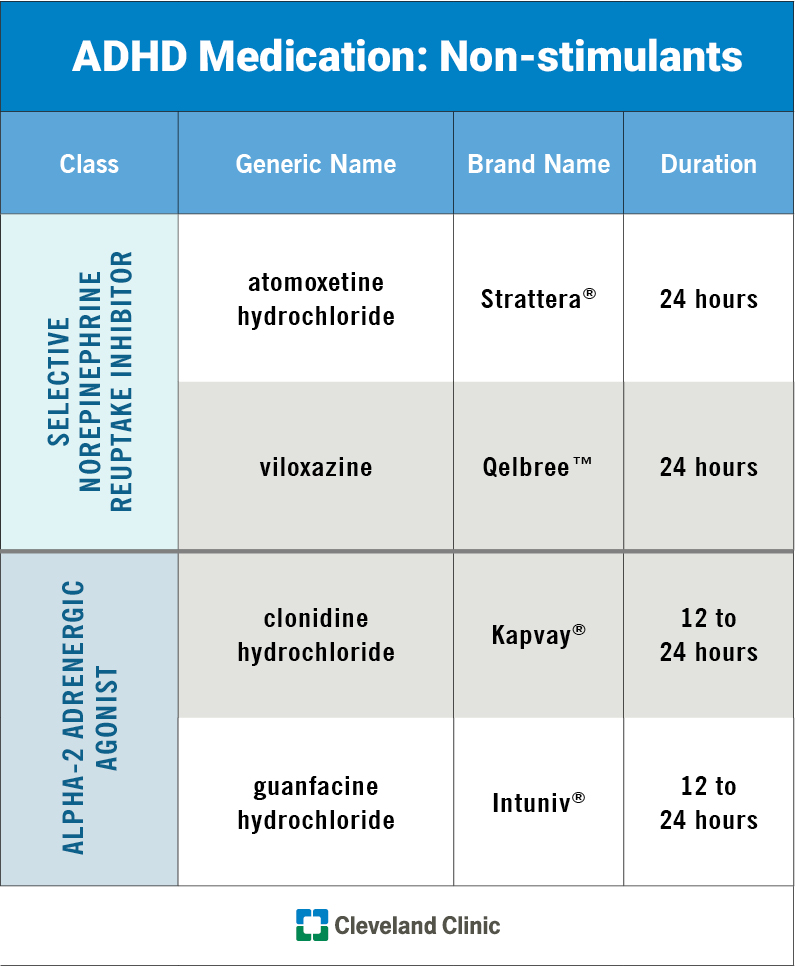Mental Health Services Focused for Your Unique Care Needs
Mental Health Services Focused for Your Unique Care Needs
Blog Article
Your Guide to Finding the Right ADHD Treatment for Long-term Outcomes
Browsing the intricacies of ADHD therapy requires a nuanced understanding of both the problem and the myriad alternatives readily available for effective monitoring. It is crucial to identify that what jobs for one person may not always generate the same outcomes for one more. Therefore, a customized strategy-- including professional assistance, drug, behavior techniques, and way of life changes-- becomes paramount. The trip towards recognizing the most ideal therapy strategy can be filled with challenges. What are the vital elements that affect successful end results, and how can people guarantee they get on the ideal course?
Comprehending ADHD and Its Effect

In adults, ADHD can lead to obstacles in work environment atmospheres, affecting performance, time management, and interpersonal relationships. Frequently, undiagnosed or incorrectly managed ADHD can add to co-occurring mental wellness concerns, such as anxiety and anxiety, further complicating a person's total wellness.
The social understanding of ADHD can differ, causing stigma and misconception, which might hinder individuals from seeking assistance. As understanding grows, it is necessary to promote an environment that promotes understanding and assistance for those influenced by ADHD, highlighting the requirement for precise medical diagnosis and tailored strategies to minimize its effect on day-to-day life.
Overview of Treatment Options
An extensive technique to treating ADHD encompasses a range of choices customized to the person's unique demands. These options can extensively be categorized into behavior interventions, psychoeducation, and way of life modifications, alongside medicinal therapies that may be checked out later on.
Behavior interventions, such as cognitive-behavioral treatment (CBT), concentrate on modifying specific habits and developing coping methods to take care of symptoms properly. Psychoeducation plays a vital duty in empowering both individuals and their households by giving details regarding ADHD, its difficulties, and effective techniques for assistance.
Way of life modifications can dramatically affect ADHD monitoring. Routine exercise, a balanced diet regimen, and adequate rest contribute to general wellness and sign control. Mindfulness practices and relaxation methods can also enhance emphasis and lower impulsivity.
Assistance teams and family members therapy can promote a sense of neighborhood and understanding, helping individuals feel less isolated in their experiences. Each therapy option should be considered in combination with the person's choices and scenarios, ensuring a holistic strategy that advertises long-term success. Ultimately, the goal is to create a customized therapy plan that attends to the certain difficulties related to ADHD while improving overall lifestyle.
Medicine: Pros and Cons
Medication plays a critical role in the therapy of ADHD, with numerous options readily available that can significantly ease signs for many individuals. Energizers, such as methylphenidate and amphetamines, are commonly prescribed and have revealed performance in boosting focus, reducing impulsivity, and boosting general actions. These medications work by enhancing dopamine and norepinephrine degrees in the mind, which are frequently dysregulated in those with ADHD.
Nonetheless, using medication is not without its difficulties. Some individuals may experience negative effects, consisting of insomnia, reduced appetite, or boosted anxiety. In addition, locating the appropriate dosage can be an experimental procedure, calling for close monitoring by healthcare experts. Additionally, not all clients react to energizer medications, leading some to explore non-stimulant alternatives, which might have a delayed start of activity or various side impacts.
It is important for individuals and their family members to weigh these benefits and drawbacks very carefully. Stabilizing the benefits of symptom monitoring against prospective adverse effects is critical for accomplishing optimum therapy outcomes. Partnership with healthcare service providers can facilitate informed choices, ensuring that medicine becomes part of a thorough ADHD management strategy.
Behavioral Treatment Techniques

One typically employed technique is Cognitive Behavior Therapy (CBT), which assists people identify and alter negative thought patterns that add to ADHD-related difficulties. Therapist for ADHD. With CBT, clients discover to set sensible goals, take care of time properly, and develop business systems
An additional effective strategy is Parent Administration Training (PMT), which informs parents on exactly how to reinforce favorable behaviors and reduce negative ones through constant discipline and interaction methods. This method fosters an encouraging home environment that motivates behavior renovations.
Social skills training is additionally essential, aiding people with ADHD navigate social communications better. Role-playing and modeling ideal habits can boost social skills and decrease anxiety in social scenarios.
Way Of Living Changes for Better Administration
How can lifestyle modifications substantially boost the monitoring of ADHD signs? Executing critical way of living alterations can cause considerable improvements in focus, organization, and emotional regulation for people with ADHD.
To start with, establishing a structured daily regimen aids in producing predictability, which can minimize sensations of overwhelm. Regular routines for dishes, research, and sleep can enhance daily performance.
Incorporating routine physical activity is likewise essential, as workout has actually been shown to increase dopamine degrees, improving focus and Medication Management motivation (Therapist for ADHD). Intending for at least 30 minutes of moderate workout most days can be useful
Nutrition plays a critical duty. A well balanced diet plan rich in omega-3 fats, whole grains, and protein can sustain cognitive function. Restricting refined sugars and caffeine might lower signs, as these can cause energy crashes and irritability.
Verdict
To conclude, finding the appropriate ADHD therapy demands a diverse approach that considers individual demands and preferences. A mix of medication, behavioral therapy, and way of living alterations can considerably improve symptom management and general wellness. Involving in psychoeducation and developing structured routines even more supports efficient therapy techniques. Partnership with health care experts and open communication with support networks are essential components in navigating the complexities of ADHD management, inevitably leading to long lasting results and enhanced high quality of life.
Report this page